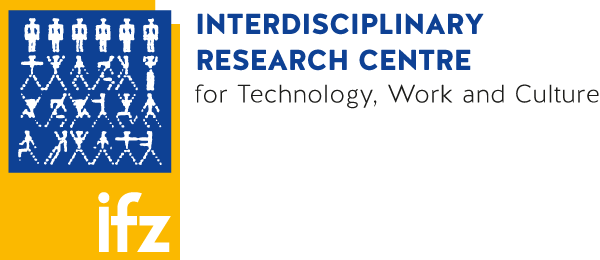Powerdown - Developing Scenarios and Options for Action on a Local Level in the Light of „Peak Oil“ and Climate Change
The challenges caused by Peak Oil and Climate Change have to go along with a questioning of infrastructures and associated behaviour patterns, which had been developed under conditions when fossil energy sources were plenty and relatively cheap. After preparatory activities (literature review, assessment of the status quo of existing relevant initiatives in Austria, critical assessment of renewable energy sources´ potentials for Austria) four main workshops (dialogue boards) with different thematic focus and different composition of participants were conducted.
Funds for Climate and Energy; Programme „New Energies 2020“
2009-2010
- energieautark consulting corp (project leader), Vienna
- University of Natural Resources and Applied Life Sciences, Institute of Spatial Planning and Rural Development, Vienna
- Institute for Ecological Urban Development, Vienna
- Alliance for Climate Austria; Vienna
- Counselling for Environment, Austria
- Globally Integrated Village Environment (GIVE), Vienna
The challenges caused by Peak Oil and Climate Change have to go along with a questioning of infrastructures and associated behaviour patterns, which had been developed under conditions when fossil energy sources were plenty and relatively cheap. These infrastructures include energy supply, the transportation system, settlement structures, regional distribution and amount of industrial production, and agriculture.
After preparatory activities (literature review, assessment of the status quo of existing relevant initiatives in Austria, critical assessment of renewable energy sources´ potentials for Austria) four main workshops (dialogue boards) with different thematic focus and different composition of participants were conducted. In these workshops transition scenarios were discussed and options for action were developed in the light of the twin challenges of Peak Oil and Climate Change.
The essential results of the project were compiled in a handbook with three focal points: urban regions, rural regions and the interactions of these two types of regions. Furthermore a concept for a seminar/workshop was developed that can be used as a basis for confronting relevant stakeholders (especially local decision makers) with the topics of the project.
